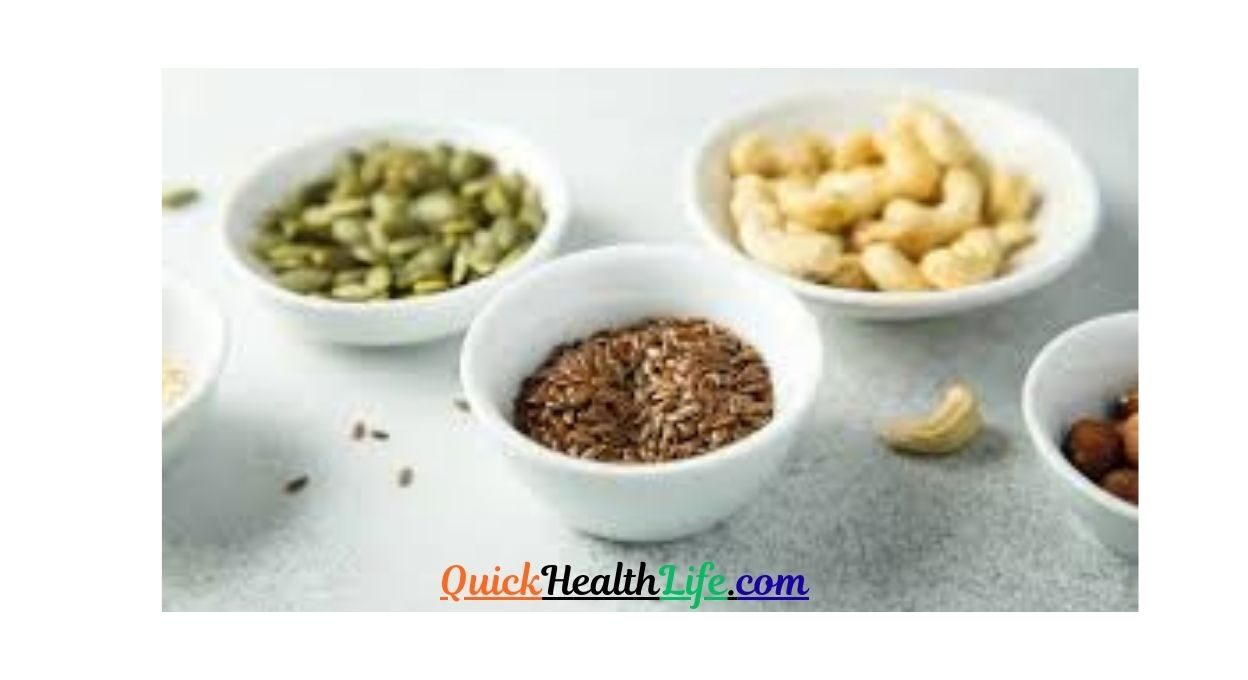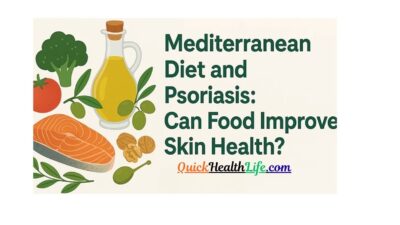Zinc is a powerful mineral that plays an important role in our body. From boosting immunity to supporting skin health, from helping digestion to improving fertility – zinc is truly essential.
Many people think that zinc only comes from meat or seafood. But the truth is, plant-based foods like seeds, nuts, legumes, and whole grains are rich in zinc too. If you are vegetarian or vegan, you can still get enough zinc naturally by making smart food choices.
Table of Contents
Why Zinc is Important for Your Body?
Zinc is one of the most important trace minerals. Even though our body needs it in small amounts, its benefits are huge.
Key Functions of Zinc:
- Boosts Immunity – helps fight infections and keeps you healthy.
- Improves Skin Health – useful for acne, wound healing, and glowing skin.
- Supports Growth and Development – important for children and teenagers.
- Aids Digestion and Metabolism – helps break down food and absorb nutrients.
- Improves Fertility – especially vital for men’s reproductive health.
- Strengthens Hair and Nails – promotes healthy growth.
- Brain Function – supports memory and learning.
👉 Without enough zinc, your body may feel weak, fall sick often, or face problems like hair fall and poor healing.
Signs of Zinc Deficiency
Many people unknowingly suffer from zinc deficiency. Here are some common signs:
- Weak immunity, frequent colds or infections
- Hair loss or thinning hair
- White spots on nails
- Delayed wound healing
- Skin problems like acne, rashes, or eczema
- Poor appetite and slow growth in children
- Loss of taste or smell
- Tiredness and brain fog
👉 If you are vegetarian or vegan, your risk of zinc deficiency is slightly higher. That’s why knowing zinc-rich vegetarian foods is very important.
Best Plant-Based Sources of Zinc
Now, let’s explore the top zinc plant foods you can add to your diet.
1. Pumpkin Seeds – The King of Zinc
- Zinc in pumpkin seeds is very high – around 7–8 mg per 100g.
- A small handful daily can cover a big part of your zinc needs.
- Eat roasted pumpkin seeds as a snack, sprinkle on salads, or add to smoothies.
2. Sesame Seeds – Small but Powerful
- Zinc in sesame seeds: ~10 mg per 100g.
- They also provide calcium and iron.
- Use sesame seeds in tahini, chutney, or sprinkle on breads and salads.
3. Cashews – Delicious Zinc-Rich Nuts
- Cashew zinc content: ~5–6 mg per 100g.
- Cashews are a tasty snack and also support heart health.
- Eat a small handful daily (unsalted and unroasted for maximum benefits).
4. Almonds – Everyday Zinc Boost
- Zinc in almonds: ~3 mg per 100g.
- Almonds also provide vitamin E and protein.
- Soak overnight for better digestion and enjoy in the morning.
5. Peanuts – Affordable and Nutritious
- Zinc content: ~3 mg per 100g.
- Peanuts are budget-friendly, making them great for daily snacking.
- Peanut butter is also a tasty way to add zinc.
6. Sunflower Seeds – For Strong Immunity
- Zinc seeds like sunflower seeds provide ~5 mg per 100g.
- They also contain selenium and vitamin E.
- Sprinkle on salads, cereals, or eat roasted.
7. Legumes (Chickpeas, Lentils, Beans)
- Zinc in legumes: ~3 mg per 100g.
- Chickpeas, kidney beans, and lentils are excellent vegan zinc sources.
- Add to soups, curries, or salads.
8. Walnuts – Brain Booster + Zinc
- Contain ~3 mg zinc per 100g.
- Also rich in omega-3 fatty acids.
- Great for brain health and memory.
9. Pistachios – Zinc + Protein Combo
- Provide ~2–3 mg zinc per 100g.
- Also support eye health and heart function.
10. Oats and Whole Grains
- Oats, quinoa, brown rice, and whole wheat contain zinc.
- Easy to include in daily meals.
How Much Zinc Do You Need Daily?
- Adult men: 11 mg/day
- Adult women: 8 mg/day
- Pregnant women: 11–12 mg/day
- Children: 2–9 mg/day (depending on age)
👉 By eating a mix of zinc-rich nuts, seeds, legumes, and grains, you can easily meet your daily zinc needs.
Tips to Boost Zinc Absorption from Plant Foods
Plant-based foods sometimes have phytates, which reduce zinc absorption. But don’t worry! Follow these tips:
- Soak nuts and seeds overnight before eating.
- Sprout legumes like mung beans or chickpeas.
- Roast or lightly cook seeds – improves mineral availability.
- Eat vitamin C-rich foods (like lemon, oranges, tomatoes) with zinc foods – helps absorption.
Zinc and Immunity
During times like the pandemic, everyone realized the importance of zinc for immunity. It helps the body fight infections, viruses, and bacteria. Adding zinc foods daily is a natural way to stay strong.
Zinc for Vegetarians and Vegans
If you don’t eat meat or fish, don’t worry. By including a variety of:
- Zinc seeds (pumpkin, sesame, sunflower),
- Zinc-rich nuts (cashews, almonds, peanuts),
- Legumes and grains,
👉 you can easily maintain your zinc levels.
Best Zinc Vegan Diet Plan
- Morning: Soaked almonds + oats porridge
- Midday snack: Roasted pumpkin seeds + fruit
- Lunch: Chickpea curry + brown rice + salad with lemon
- Evening snack: Cashews + green tea
- Dinner: Lentil soup + whole wheat bread + sesame chutney
This simple diet covers almost all your zinc needs naturally.
FAQs on Zinc and Plant-Based Foods
Q1. What are the best zinc plant foods?
Pumpkin seeds, sesame seeds, cashews, almonds, chickpeas, and lentils.
Q2. Which nuts have high zinc?
Cashews, almonds, walnuts, peanuts, and pistachios.
Q3. Can vegans get enough zinc?
Yes, by including seeds, nuts, legumes, and whole grains daily.
Q4. How do I absorb zinc better from plants?
Soak, sprout, or roast foods and combine with vitamin C.
Q5. How much zinc is needed daily?
Men need 11 mg, women need 8 mg, children 2–9 mg.



